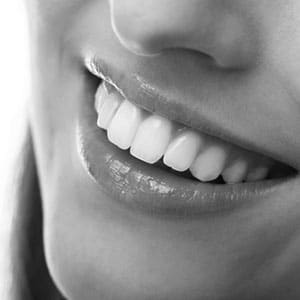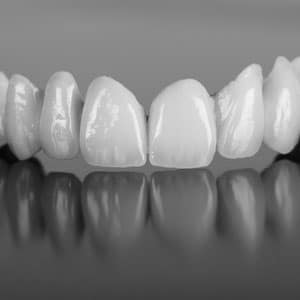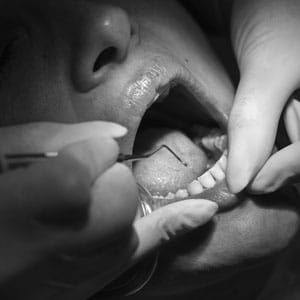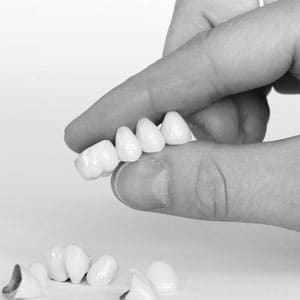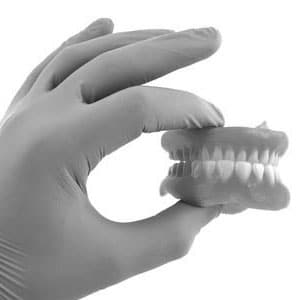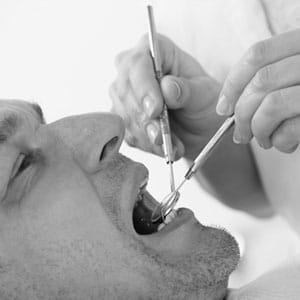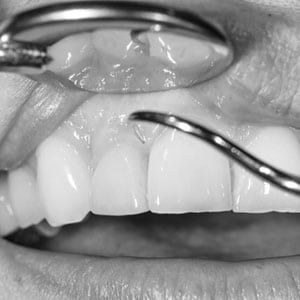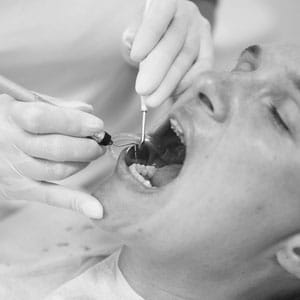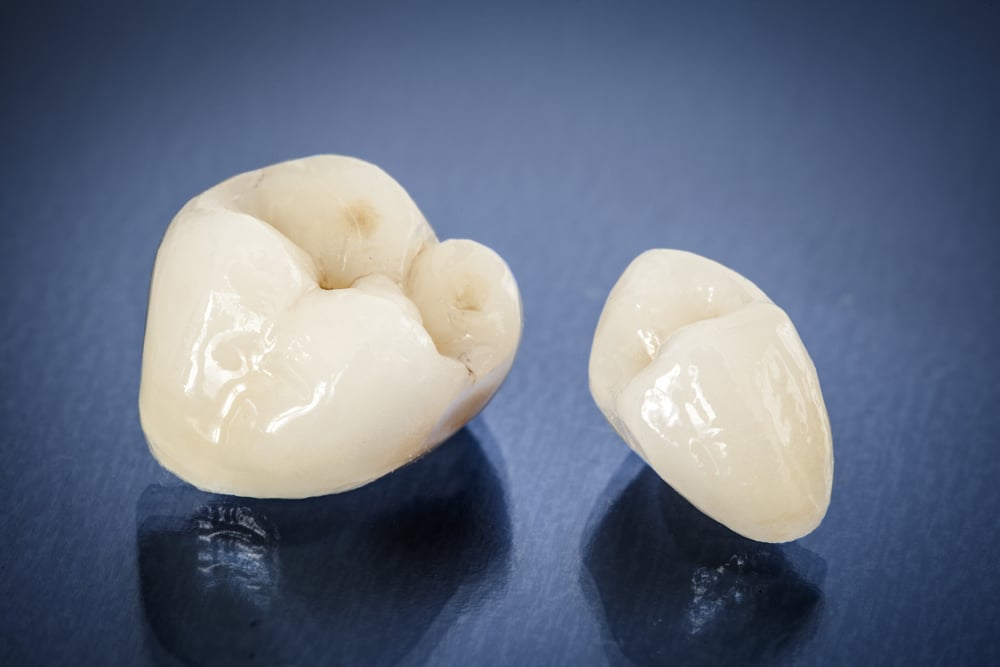
Cosmetic & Restorative Dental Crowns in Lynnwood
We are Conveniently Located In Lynnwood, Also Provides Cosmetic Services To Everett, Marysville, Redmond, Shoreline, Bothell, Edmonds, And All Neighboring Communities.
What Are Dental Crowns?
A dental crown is used often in cosmetic dentistry as a form of dental restoration. Dental crowns are typically viewed as crowns that fit snug on top of a natural tooth or dental implant. Dental cement is typically used to bond the dental crown to your teeth. Dental crowns can be made from a number of different materials, however, porcelain is typically the chosen material for a crown. Porcelain is wildly used in cosmetic dentistry as it looks most like a natural tooth as it reflects light much like a natural tooth. Porcelain is also naturally not porous and so it is much more resistant to staining, unlike your natural teeth.
Call our Office at (425) 742-9609 Today!
How Dental Crowns are Used
Dental crowns are used for a number of different dental restorations. Many patients opt for a dental crown to protect the interior part of a tooth, to keep decay and any other form of bacteria from entering the tooth. A patient might opt for a dental crown if a tooth is cracked or broken and want to restore the shape, strength or color of that tooth. Dental crowns can be beneficial to your teeth in the form of appearance and functionality.
If your dentist performs root canal therapy, chances are they will seal their work with a dental crown. Root canal therapy is a treatment used to restore a decaying tooth from the inside out. An infection may hit the pulp of your tooth and needs to fully be removed in order to restore the health of your tooth. Once the pulp is removed and a filling is added to your now hollowed out tooth, a dental crown will likely be added to seal the tooth to keep any chance of bacteria out.
If a tooth is badly decayed and needs to fully be extracted, your dentist may say a dental implant would look the most natural for a replacement tooth. A dental implant is anchored with a titanium post that is screwed directly into your jaw to ensure the strength of a natural tooth. A porcelain dental crown will then be added to the implant to give you the full look and strength of a natural tooth.
Dental Crown Process
If your dentist needs to place a dental crown on top of a natural tooth in your mouth, there are a few steps involved in this process. Firstly, your dentist will numb all areas surrounding the tooth that will be worked on with a local anesthetic. Your dentist will make sure you cannot feel pain before moving forward with the procedure. Some patients may experience some anxiety before the procedure, if this is the case, your dentist can also use Nitrous Oxide (laughing gas) to keep you relaxed.
Next, it’s time to clean out and remove any sign of decay and clean the tooth thoroughly, inside and out. Then, your dentist will shave and reshape your tooth from the outside in order to fit a dental crown a bit more snug. If your natural tooth is not reshaped, chances are, your dental crown will need to be bulkier and will make your restored tooth look much larger than your other teeth. This makes for an unnatural looking restoration procedure!
Once your dentist is happy with the reshaping of your tooth, he or she will take an impression of your tooth to be sent to the lab where your permanent dental crown is made. During this procedure, your dentist will create a temporary dental crown to be placed until your permanent porcelain dental crown is finished. The temporary dental crown is placed to ensure no bacteria enters your tooth during this waiting period.
Your final appointment is when your permanent dental crown is placed. You will again be numbed to ensure no pain is felt. Your temporary dental crown will be removed and your natural tooth will again be cleaned. Your porcelain tooth will be placed and adjusted accordingly to fit our tooth. Your dentist will ask you to bite down a few times to ensure the crown fits perfectly with your bite. Once you and the dentist are happy with the placement of the dental crown, it is then cemented to your natural tooth for a permanent placement.
Call our Office at (425) 742-9609 Today!
Dental Crowns for Children
It’s not uncommon for a child to need a dental crown. Primary teeth (or baby teeth) are much more susceptible to bacteria and decay as they are much softer than adult teeth. If your child needs a pulpotomy (a baby tooth root canal), your child’s dentist will remove the infected pulp (inner portion) of the tooth, fill it with a recommended material and will likely be sealed with a dental crown. Children may get a stainless steel dental crown as it is much stronger, though looks less natural. Remember that this tooth will fall out naturally with age and so the protection of your child’s tooth is much more important than aesthetics. There are options to opt for a tooth-colored crown as well, talk to your child’s dentist to see which may be a better option for your child.
Dental Crown Aftercare
Many patients may forget that dental crowns can break or chip, just like natural teeth. Be very mindful of the hardness of the foods you may be eating. It’s always best to maintain a healthy diet and a good oral hygiene regimen. Dentists recommend to brush your teeth twice daily and floss at least once daily. Be sure to visit your dentist at least twice a year as well for a thorough check-up. If a decaying tooth is left untreated, it could quickly affect other neighboring teeth, or worse, it could negatively affect your jawbone. If your dental crowns are properly taken care of, they can last a patient anywhere from 3-6 years.
Cost For Dental Crowns
In many cases, dental crowns are covered by dental insurers as they are seen as a needed procedure to prevent negative health risks. Insurers also take into account the type of dental crown used, and how many are needed. Your dentist will likely assist in ensuring less out of pocket expenses for you as the patient. Your dentist can review your insurance and estimate your costs. If you do not have dental insurance, it is still important to take care of any decaying teeth as to not cause major problems in the future. Your dentist will likely work with you in offering a good payback plan.
To discover whether a crown is right for improving your smile, we welcome you to call or visit us today at Meadowdale Dental Clinic!

